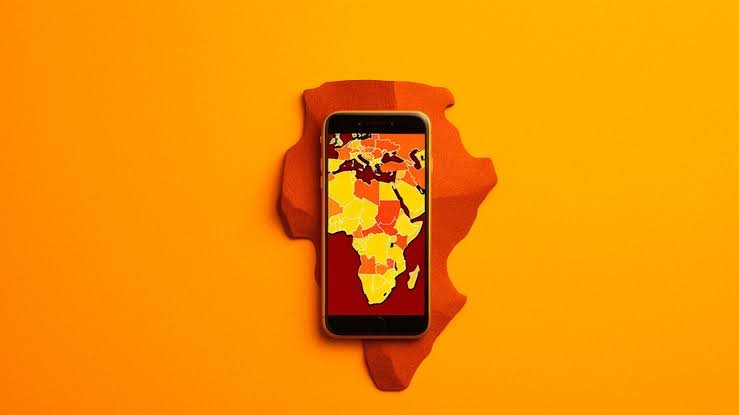Western tech giants are turning the internet into a tool of censorship and discrimination against Africans. Social media, once champions of free speech, could be silencing African voices and erasing their stories.
Tayo Aina, a Nigerian YouTuber, revealed that he earns a little above $1,000 for a million views from Nigerian audiences, compared to $10,000 to $15,000 for the same views from American audiences. This disparity forces African creators to tailor their content to appease Western audiences rather than showcasing authentic African stories.
Financial disparities are just one aspect of the broader issue. There are instances where platforms silence African voices or ban their pages. For example, tech giants, including YouTube and Google, recently banned African Stream, a pan-African digital media outlet, following allegations from the United States for promoting Russian propaganda. Despite denying the allegations, African Stream was shut off the internet.
African creators face another hurdle on Substack: the Stripe-powered payment system is unavailable in many African countries. Even though content creators use Substack for publication, they don’t have the same opportunities as their counterparts when it comes to generating income from it.
After attending a webinar on the role of digital media in shaping Africa’s narrative in international media, Etim Etim, a reporter at Leadership Newspaper, gained insight into how foreign media often frame the African story.
“Foreign media’s slant of the African story often follows foreign policies of their countries, which for decades, often viewed Africa as an aid recipient, and not an equal partner in trade bilateral relations,” Etim wrote. “The representation of Africa is meant to satiate domestic audiences who are already prejudiced by decades of misrepresentations on TV and tabloids.”
Africa Digital Space by Africans
To many Africans, even if the internet is free, it does not give equal opportunity. And these systemic inequalities shape the continent’s digital landscape in many ugly ways. African Union (AU), recognising this problem, created the 2020-2030 Digital Transformation Strategy for Africa. With this, the union targets “an integrated and inclusive digital society and economy in Africa that improves the quality of life for Africans.”
According to the Union 2020-2030 Digital Transformation Strategy, the focus is on achieving three key objectives: developing digital infrastructure to support Africa’s digital transformation, promoting digital literacy and skills to empower Africans to thrive in the digital age, and creating an enabling environment for digital entrepreneurship and innovation to flourish.
The above resonates with Martin Oloja’s position, an African journalist who spoke at The Pan African Dialogue Institute’s webinar. During the event, Oloja stated that digital media should diversify Africa’s narratives by moving beyond stereotypes and showcasing the continent’s diverse experiences, cultures, and perspectives.
“Digital media can empower our storytellers and foster Pan-Africanism by enhancing a sense of shared identity, culture, and experience among Africans across the continent and in the diaspora,” says Oloja. He emphasised that breaking free from digital censorship and discrimination requires a sustained effort.
The digital revolution presents an opportunity for Africa to redefine its place in the world. By taking control of their digital destiny, Africans can promote their interests, showcase their cultures, and tell their stories.
“Pan-Africanism as a force of survival in a world dominated by powerful foreign powers requires that Africans get to know and appreciate each other. It is also through the knowledge of African history and ancestral values that Africans can appreciate their continent and their communities,” Etim Etim wrote.
__________
Olalekan Mandela is a multimedia journalist with a passion for storytelling. He also thrives as a public speaking coach, podcaster, and content creator. He’s a 2024 Journalism for Liberty Fellow.













